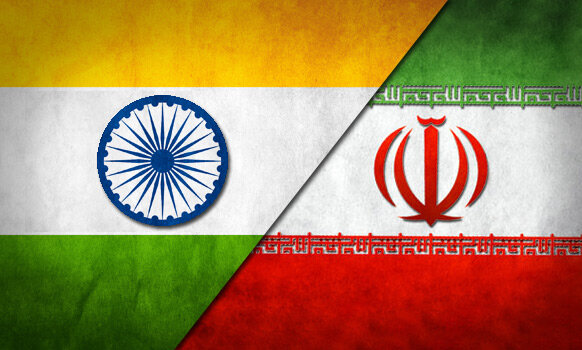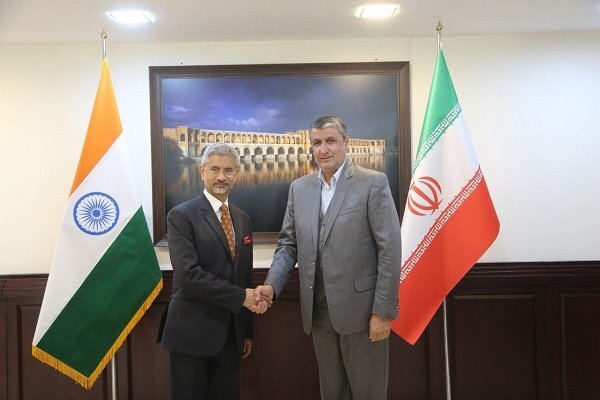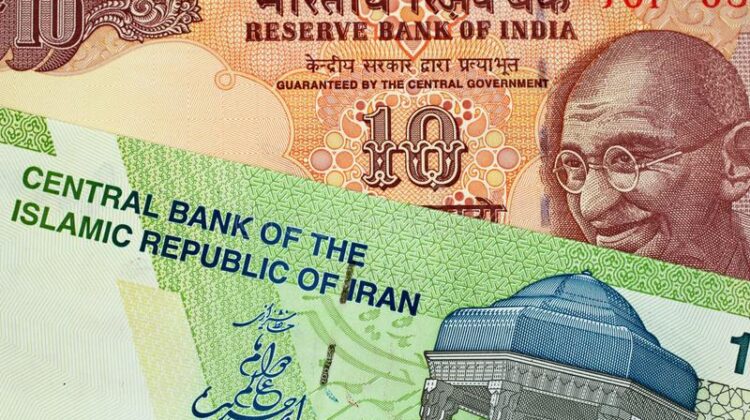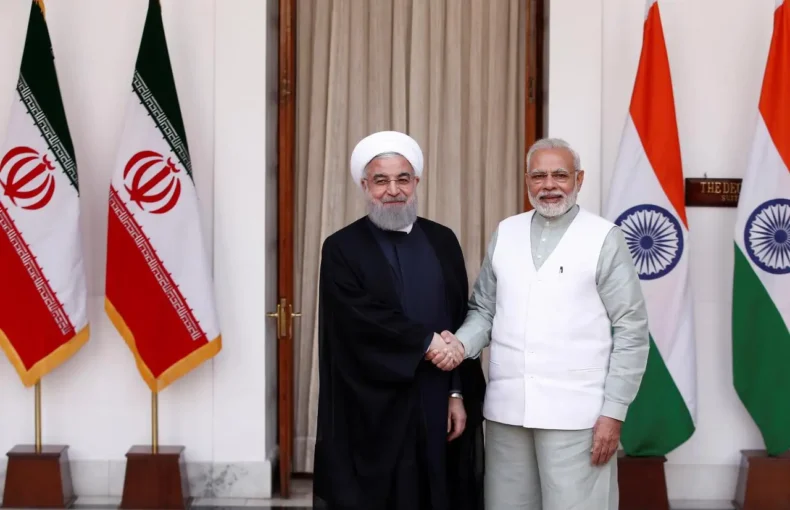The National Security Advisor of India, Ajit Doval’s meeting with Iran’s Secretary of the Supreme National Security Council (SNSC), Ali Shamkhani, highlights the economic considerations in the partnership between the two countries.
Table of Contents
1. What is the latest development?
There has been a spree of diplomatic engagements in New Delhi, with diplomats and leaders from worldwide pitching their country’s relations with Delhi. The recently concluded bilateral meetings with Central Asian and South Asian nations followed the SCO defence ministers meeting. On Monday, National Security Advisor Ajit Doval met with Secretary of the Supreme National Security Council (SNSC) Ali Shamkhani, engaging on various political, economic, and security issues.

Pitching the use of national currencies during trade engagements instead of the usual dollar trade, something similar to that with Russia, was the key highlight of the meeting. As per reports, Tehran has asked New Delhi to ditch the US-imposed sanctions and restart the oil trade with Iran.
The initialization of the rupee-rial mechanism will be immensely decisive in global and regional geopolitics.
2. India-Iran Cooperation
The meeting also emphasised that normal relations between India and Iran will not undermine the interests of any “third party” and that the global economic and political situation will improve with the engagement of the two countries in diverse fields like energy, transport, communication, transit, and banking, among other domains.

The bilateral relations between the two nations have been on a steady rise, but they are also marred by multiple hiccups. In the year 2019, the US imposed a multitude of sanctions on Tehran after backing out of the multilateral nuclear deal. Amidst the backdrop of tensions in relations between Tehran and Washington DC, the Iran-India deal was also put on the back burner.
New Delhi stopped the oil purchases from Iran, which further froze diplomatic engagement on multiple fronts.
Doval, in the recent meeting, highlighted that cultural and people-to-people relations between the two countries are essential for further bolstering the relationship.
The NSA called for cooperation between India and Tehran in Afghanistan to ensure regional peace and security. In the meeting, it was reiterated to eradicate Takfiri terrorism from Afghanistan, which will foster stability in South Asia and Central Asia.
The SCO foreign ministers meeting between the countries is also on the horizon, which will further decide the course of the India-Iran relations trajectory.
3. Geopolitical ramifications
One of the most crucial parameters of the relationship between Iran and New Delhi is regional connectivity. India views Iran as an important partner in securing its accessibility and outreach to Central Asia.
The two nations have also collaborated on the “Chabahar port” in southeastern Iran. Chabahar Port holds a key because of its strategic location in the Gulf of Oman. Chabahar is the home of Iran’s only oceanic port. In 2017, after multiple rounds of negotiation, India got its first foreign port project. However, against the backdrop of US sanctions, the port was in the shadows. Now, when India and Iran focus on rekindling their relationship, this port will add immense value to both sides.

In the ongoing SCO summit, India views Iran as a key partner for bolstering India’s credibility as a regional power. The meetings will be conducted amid the Chinese outreach to Iran. Earlier in the month, China also mediated in Saudi Arabia and Iran’s establishment of ties. This has given China leeway in the Middle East and West Asia region to establish itself as a key and trustworthy partner.
For India, the key is to leverage its position as the fastest-growing economic power, a stable political system, and a diplomatic powerhouse to sway Iran out of the shadow of the past. And build a strategic partnership that will prove decisive in the long run.













